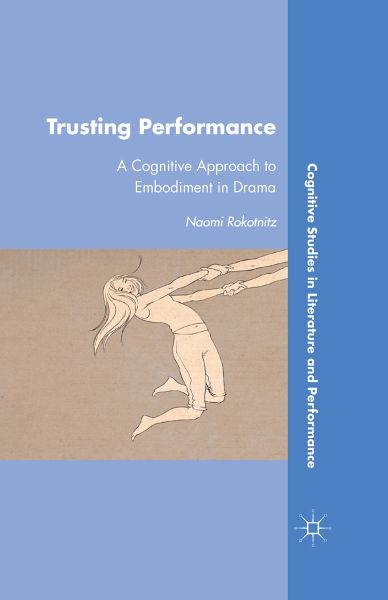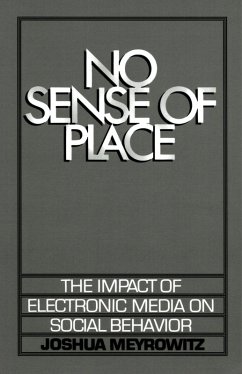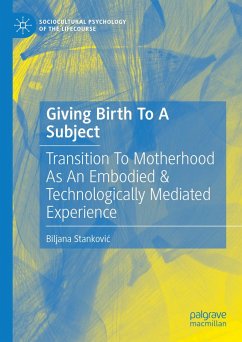
Trusting Performance (eBook, PDF)
A Cognitive Approach to Embodiment in Drama
Versandkostenfrei!
Sofort per Download lieferbar
40,95 €
inkl. MwSt.
Weitere Ausgaben:

PAYBACK Punkte
20 °P sammeln!
An epistemological inquiry into the dynamics of interpersonal trust-relations, combining philosophy, science, and critical theory in the analysis of performing bodies - on stage and in life. Rokotnitz argues for the exploration of drama as a conduit to emotional learning that can change the somatic identity of performers and audiences alike.
Dieser Download kann aus rechtlichen Gründen nur mit Rechnungsadresse in A, B, BG, CY, CZ, D, DK, EW, E, FIN, F, GR, HR, H, IRL, I, LT, L, LR, M, NL, PL, P, R, S, SLO, SK ausgeliefert werden.












